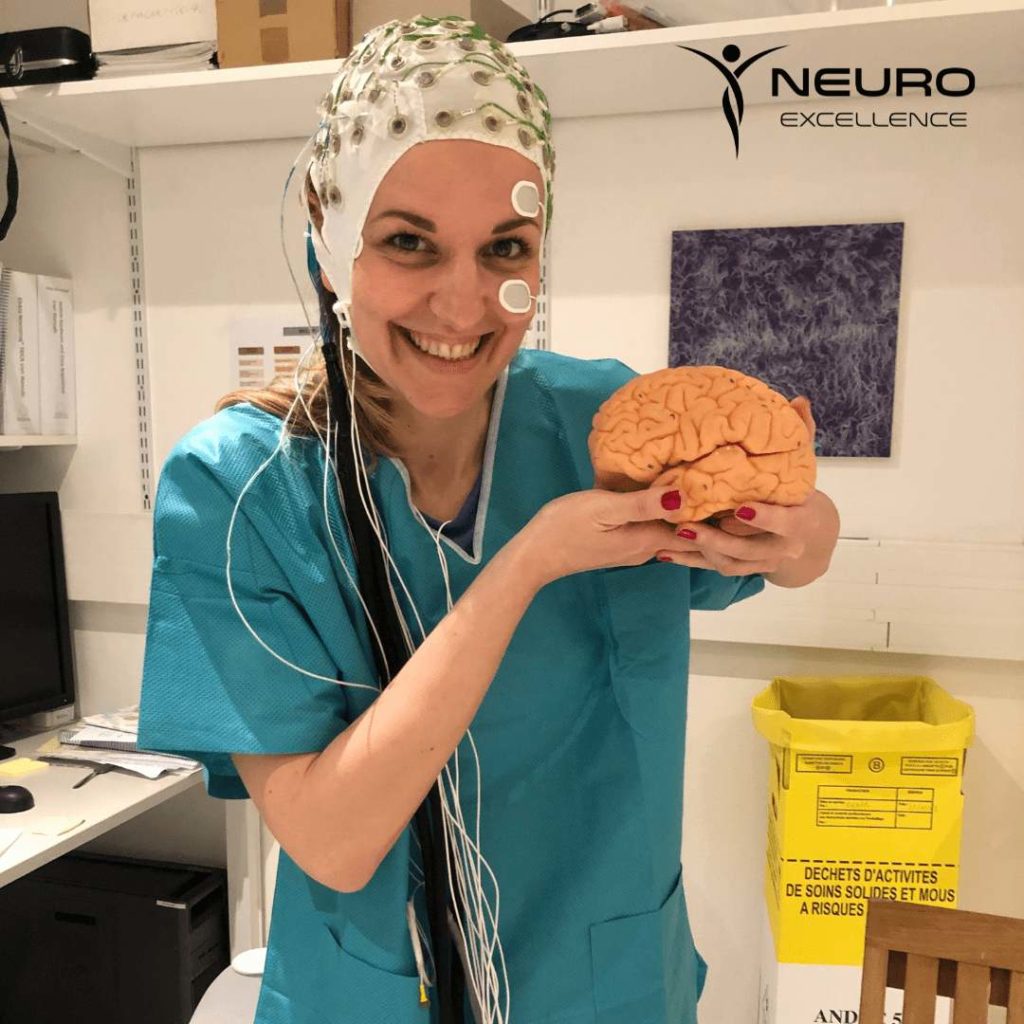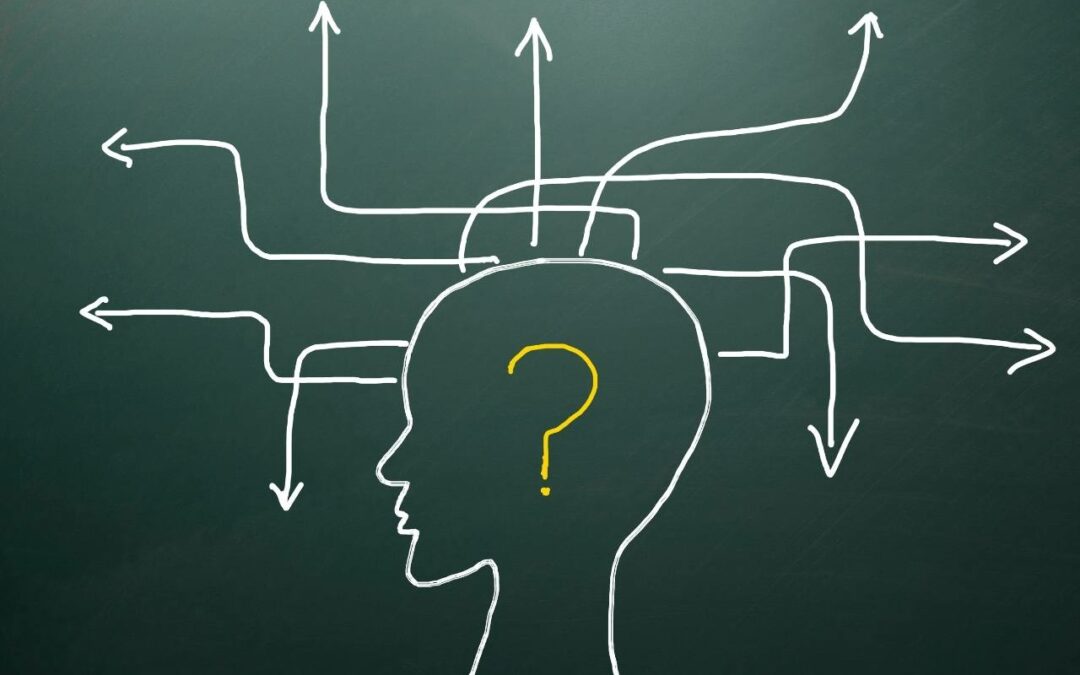Our brain doesn’t know how to be happy!
This is a biological reality.
At the end of the day, what comes to your mind more easily—the successes of the day or the moments when you didn’t manage to give your best?
Let’s see what neuroscience says about this and what tool we can use in light of this biological reality.

We have two biological biases. The negativity bias, which shows that our brain is more sensitive to negative information, and the availability bias, which shapes our overall perception of our experiences. Combine these two, and you get a brain that makes you feel as though your life is filled with negative and difficult experiences.
It is our responsibility to shift this old pattern in our brains. It’s a mental training that will allow you to change your perception of your own life.
Tool
Push your brain to quickly find the benefits that arise from your difficult experiences. This will happen naturally over time. As Steve Jobs said, “It’s much easier to connect the dots looking backward.” I challenge you not to wait for time to help you achieve this. Develop your ability to find the benefits of a difficult situation as it occurs. It’s possible! By working on this cognitive muscle, which is not natural at all, your brain will change structurally. The more you practice, the more this mental skill becomes automatic.
In an upcoming post, I will explain the connection between this cognitive muscle and emotion management, and I encourage you to discover for yourself the impact of this exercise on your creativity!!
Neuroscience for Your Excellence.
Enjoy exploring and utilizing the full potential of your brain!
Contribute to the book “Neuroscience for Your Excellence”: https://forms.gle/61UV3FM99y9hqD5i8






